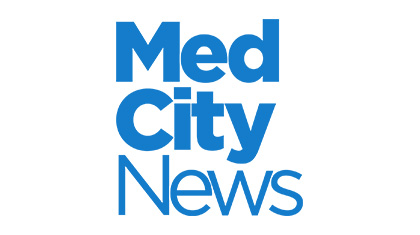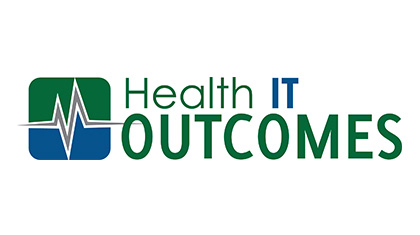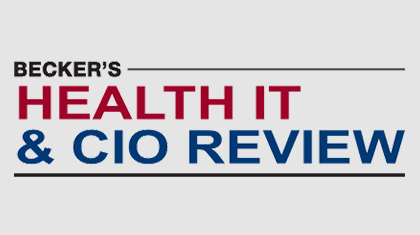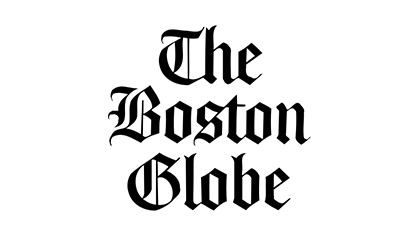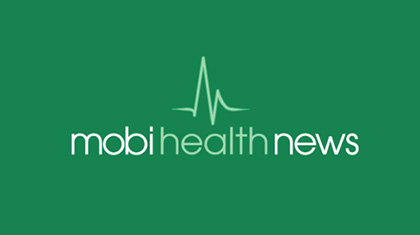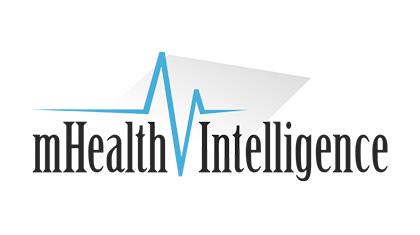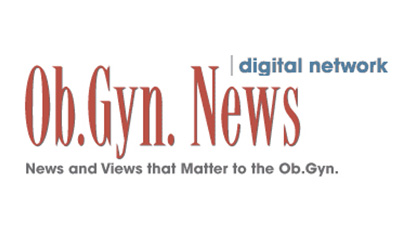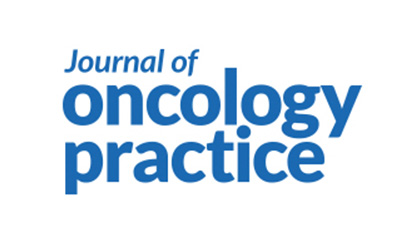The OpenNotes initiative now reaches more than 5 million patients nationwide, according to new data and an infographic released just before the long Labor Day weekend. That covers participants in all Department of Veterans Affairs hospitals nationwide, as well as private organizations in 20 states. OpenNotes started as a pilot in 2010 to give patients…
OpenNotes in the Media
Health IT Outcomes: Open Notes Access Good For Patient Safety
The Open Notes initiative which allows patients to access their doctors’ notes in the EHR has the potential to increase safety and care quality. According to a recent study conducted by researchers from Beth Israel Deaconess Medical Center (BIDMC), access to the Open Notes program helps patients engage and increases their safety. “What we heard…
Becker’s Health IT and CIO review: 7 things to know about BIDMC’s OpenNotes program
Approximately five years ago, clinicians at Boston-based Beth Israel Deaconess Medical Center started OpenNotes, an initiative that provides patients access to clinicians’ notes in an effort to accelerate transparency, as well as improve patient safety. The researchers recently released key findings from the pilot program, which largely demonstrated the benefits of giving patients access to…
The Boston Globe: It’s best to get a doctor’s note
Virtually all patients have the legal right to read a doctor’s notes after an appointment, yet few do so. Advocates argue that if patients reviewed such notes, they would be better informed and more involved in their health care. But some doctors worry that the practice would disrupt their workflow and potentially scare patients. Now,…
MobiHealthNews: With 5 years of data, BIDMC finds OpenNotes helps doctors catch errors
Beth Israel Deaconess Medical Center in Boston now has five years of data on what happens when patients have access to their doctor’s notes. And from that data, it appears that not only is the arrangement beneficial to patients, but also to doctors — and to the accuracy and quality of the notes. Researchers at the hospital,…
mHealth-Intelligence: How OpenNotes and Portals Improve Patient Engagement
The healthcare industry has been focused on improving patient engagement across the medical care spectrum in efforts to boost health outcomes. Both Stage 2 and Stage 3 Meaningful Use requirements under the Medicare and Medicaid EHR Incentive Programs have specific objectives centered on enhancing patient engagement. Healthcare providers have been aiming to meet these requirements,…
MedicalXPress: Researchers examine the impact of OpenNotes on patient safety
Researchers from Beth Israel Deaconess Medical Center (BIDMC) are homing in on the potential benefits of allowing patients access to the notes their clinicians write after a visit. An article published in the August edition of The Joint Commission Journal on Quality and Patient Safety suggests that this kind of patient engagement has the power…
Ob.Gyn News: Full transparency comes to medical records
Transparency, until recently, was rarely associated with health care. Not anymore. For better and sometimes worse, there is a revolutionary movement toward transparency in all facets of health care: transparency of costs, outcomes, quality, service, and reputation. Full transparency now has come to medical records in the form of OpenNotes. This is a patient-centered initiative…
Cancer Cytopathology – Going Mainstream: Online Sharing of Test Results With Patients
Outside the walls of medicine, seismic shifts are affecting how health professionals do their jobs and how the public experiences care. People are harnessing information previously outside their reach and are connecting with one another online in ways not imagined a few years ago. With ready access to the Internet and the use of always-on…
Journal of Oncology Practice: Open Visit Notes: A Patient’s Perspective and Expanding National Experience
HEALTH CARE DELIVERY Perspectives by Dave deBronkart and Jan Walker, RN, MBA Society for Participatory Medicine, Nashua, NH; and Beth Israel Deaconess Medical Center, Harvard Medical School, Boston, MA We congratulate Martin [1] on his thoughtful description of how he has opened clinical notes to his patients. We write in response from two perspectives. One…
